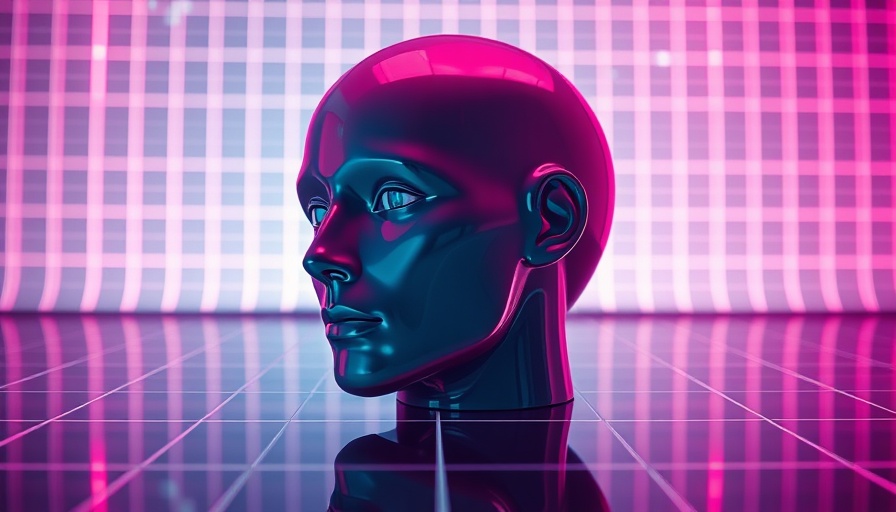
The Dawn of AI: A Historical Perspective
In 2016, a pivotal moment reshaped the landscape of artificial intelligence (AI) when AlphaGo defeated Lee Sedol, marking the first time a computer program triumphed over a top human player in the game of Go. This victory was more than just a technological feat; it showcased AI's potential for creativity and strategic thinking, stirring debates about the role of machines in human creativity.
The Generative AI Revolution: ChatGPT
The journey of AI continued with the introduction of ChatGPT by OpenAI in 2022. This advanced language model mimics human-like text generation and has since become a cornerstone of AI applications, ranging from automated customer service agents to creative writing tools. ChatGPT demonstrated how AI could revolutionize communication, creating a more seamless interaction between humans and machines.
What is Agentic AI?
The latest phase in AI development is agentic AI, systems designed for autonomous decision-making and task execution. These AI entities can pursue complex goals with minimal human intervention, fundamentally changing how businesses operate. Unlike traditional AI, which reacts to inputs, agentic AI can formulate strategies and act independently. Industries are already leveraging these capabilities to enhance productivity and efficiency.
Significance of Agentic AI in the Workforce
With projections indicating that, by 2025, about 25% of companies will initiate agentic AI projects, it is becoming evident that these technologies will be embedded in various facets of everyday work. The ability of AI agents to perform complex tasks autonomously promises not only improved efficiency but also the capability to handle day-to-day operations, allowing humans to focus on more strategic initiatives.
Future Prospects: The Realm of Physical AI
Looking ahead, the emergence of physical AI represents the next frontier in AI evolution. These advanced systems will enable robots and machines to physically interact with the world while processing real-time data from their environment, leading to advances in sectors such as warehouse automation, manufacturing, and autonomous transportation.
Conclusion: Embracing the AI Future
The evolution of AI—from the strategic brilliance of AlphaGo to the generative wonders of ChatGPT and the autonomous capabilities of agentic AI—paints a promising future. As these technologies develop, they hold the potential to transform industries and shape our daily lives in unprecedented ways, making it essential for businesses and individuals to adapt and embrace this evolving landscape.
 Add Row
Add Row  Add
Add 




Write A Comment